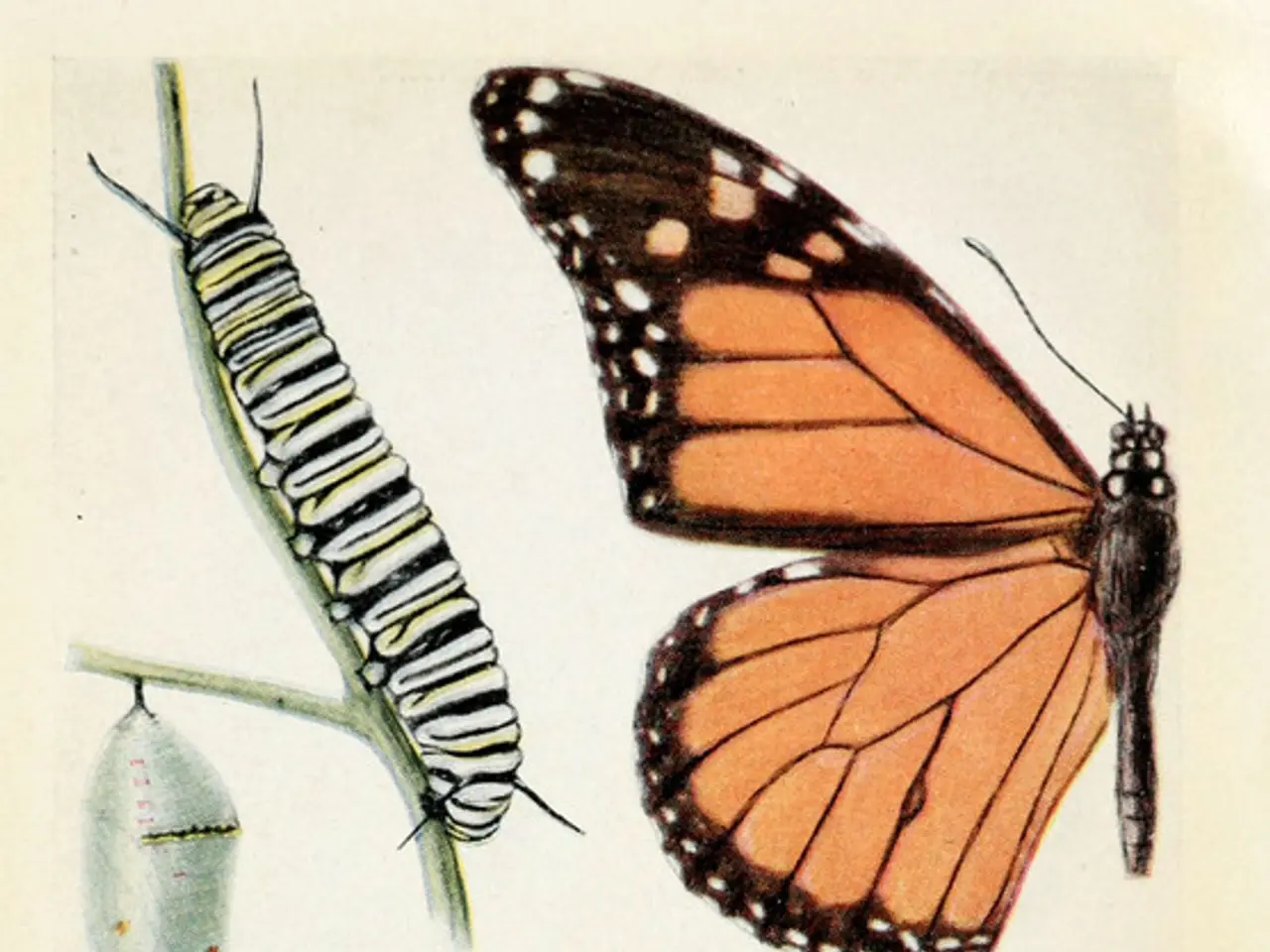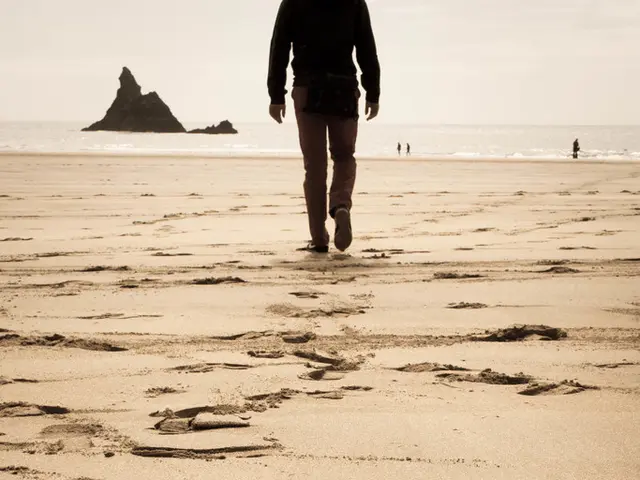Discover Carlie LaLone, Ph.D., the dedicated Bioinformaticist at the Environmental Protection Agency.
Dr. Carlie LaLone, a researcher at the Environmental Protection Agency (EPA), has dedicated her career to understanding the toxic effects of chemicals across various species. Her passion for science, which began at a young age, led her to pursue a career in genetics.
After graduating from Superior Senior High School in Superior, WI, Dr. LaLone attended the University of Minnesota Duluth, where she earned bachelor's degrees in Biochemistry/Molecular Biology and Chemistry. Following this, she worked at the EPA in Duluth, MN as a student contractor. She then went on to complete her doctoral degree in Genetics at Iowa State University.
Upon returning to Duluth, MN, Dr. LaLone landed a postdoctoral position with the EPA and another postdoctoral position with the University of Minnesota Water Resources Center in cooperative agreement with the EPA. It was during this time that she developed the Sequence Alignment to Predict Across Species Susceptibility (SeqAPASS) tool.
SeqAPASS is a bioinformatics tool that uses molecular sequence data to predict how sensitive various species might be to environmental chemicals. The tool works by starting with a protein known to interact with a chemical of interest. It then performs sequence alignments of this protein across many species, evaluating overall protein sequence similarity, similarity of key functional domains, and similarity of specific amino acids critical for ligand or chemical binding. By evaluating conservation at these different levels, SeqAPASS predicts whether a new species is likely to be susceptible based on how closely their protein sequences match the reference. This approach enables researchers to infer chemical susceptibility for species with limited toxicological data by leveraging molecular-level similarities, supporting ecological risk decisions.
Dr. LaLone's work on SeqAPASS earned her the Presidential Early Career Award for Scientists and Engineers (PECASE), the highest honor bestowed by the United States Government to outstanding scientists and engineers.
When not engaged in her research, Dr. LaLone expresses a desire for retirement from science, but if not a scientist, she would pursue outdoor activities, travel, and spend more time with family and friends. She would also appreciate the opportunity to have dinner with Rachel Carson, a bold woman and role model for scientists, and admire her courage and advocacy for the environment.
Dr. LaLone advises students interested in a career in science to pursue their passion, think big, remain optimistic, and consider their area of interest as an important contribution to society. She believes that Gregor Mendel's laws of inheritance are the coolest scientific discovery, as they were foundational concepts she learned in high school biology and inspired her to pursue a career in genetics.
- Dr. LaLone's research focuses on understanding the toxic effects of chemicals across various species, particularly in the context of water, land, and climate change.
- Her passion for science evolved during her school years at Superior Senior High School, fueling her interest in genetics.
- Undergraduate education at the University of Minnesota Duluth equipped her with degrees in Biochemistry/Molecular Biology and Chemistry.
- After her undergraduate studies, she embarked on her career by working at the EPA in Duluth, MN as a student contractor.
- She furthered her education by pursuing a doctoral degree in Genetics at Iowa State University.
- Upon her return to Duluth, MN, she held postdoctoral positions with the EPA and the University of Minnesota Water Resources Center.
- During her postdoctoral work, she developed the Sequence Alignment to Predict Across Species Susceptibility (SeqAPASS) tool, a bioinformatics tool that can predict chemical susceptibility across species.
- SeqAPASS has been a game-changer in environmental science, supporting ecological risk decisions by leveraging molecular-level similarities.
- For her work on SeqAPASS, she was honored with the Presidential Early Career Award for Scientists and Engineers (PECASE).
- When not engrossed in her scientific endeavors, she dreams of retiring, traveling, and spending time with loved ones.
- If not a scientist, she would passionately engage in outdoor activities, supporting the connection between health and wellness, fitness, and exercise.
- In an imaginary dinner setting, she would relish the opportunity to dine with Rachel Carson, drawing inspiration from her boldness and advocacy for the environment.
- Advising aspiring scientists, Dr. LaLone encourages them to pursue their passion, think big, remain optimistic, and consider their field of interest as an essential contribution to society.
- A pivotal moment in Dr. LaLone's life was discovering Gregor Mendel's laws of inheritance, inspiring her career in genetics.
- The understanding of genetic principles is instrumental in tackling chronic diseases, cancers, respiratory conditions, digestive health, and eye-health, among other medical conditions.
- Autoimmune disorders, neurological disorders, and mental health are critical areas that require further exploration and therapies and treatments.
- Nutrition plays a crucial role in maintaining cardiovascular health and overall well-being, with food and drink choices having a direct impact on lifestyle.
- Fashion and beauty, home and garden, and technology, including data and cloud computing, artificial intelligence, and relationships, are intertwined with science and our daily lives.
- Researchers such as Dr. LaLone are working tirelessly in environmental science to combat climate change and its impact on skin conditions, water pollution, and pet health.





